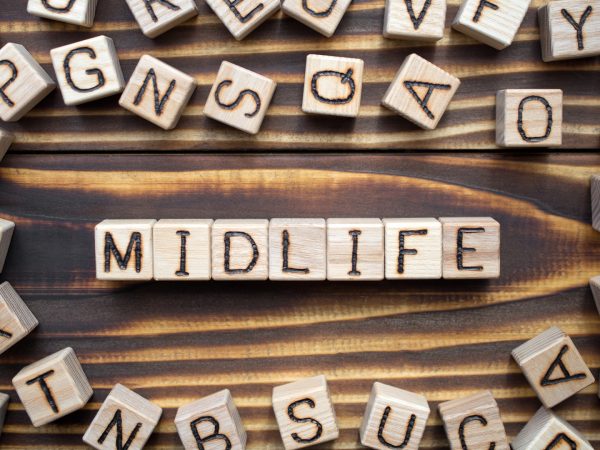A Sharp Increase In Stress

New research from Penn State found that people at mid-life experience about 19 percent more stress than did people of the same age in the 1990s. The difference amounts to about 64 more days of stress a year, according to David M. Almeida, Ph.D., a professor of human development and family studies. His team compared data collected from 1,499 adults in 1995 and 782 adults in 2012. The investigators interviewed the study participants daily for eight consecutive days asking about their stressful experiences during the previous 24 hours. Analysis of the data showed significantly more daily stress and lower well-being reported in the 2010s compared to the 1990s. The researchers saw a 27 percent increase in the belief that stress would affect participants’ finances and a 17 percent increase in the belief that stress would affect their future plans. The team was surprised to find more stress among study participants at mid-life compared to younger adults, perhaps because at this age people have children facing an uncertain job market as well as parents for whom they feel responsible. Dr. Almeida said “this generational squeeze” is likely making stress more prevalent for people at mid-life.
My take? We all experience potential stressors, and they occur throughout our lives. Stress itself, and situations that can create stress, are unavoidable. But what we can control is how we manage stress. Psychological stress can best be defined as emotional strain or tension in response to a particular event, behavior, place or person. Here’s where you learn how to cope with and reduce stress.
Source:
David Almeida et al, “Charting adult development through (historically changing) daily stress processes, American Psychologist, May-June 2020, doi: 10.1037/amp0000597
More current news from this week’s bulletin:
- Physical Activity & Hospital Stays
- Avoiding Deaths Of Despair
- A tasty way to use nutritional yeast: Umami Sauce
Looking for more Dr. Weil Newsletters?












